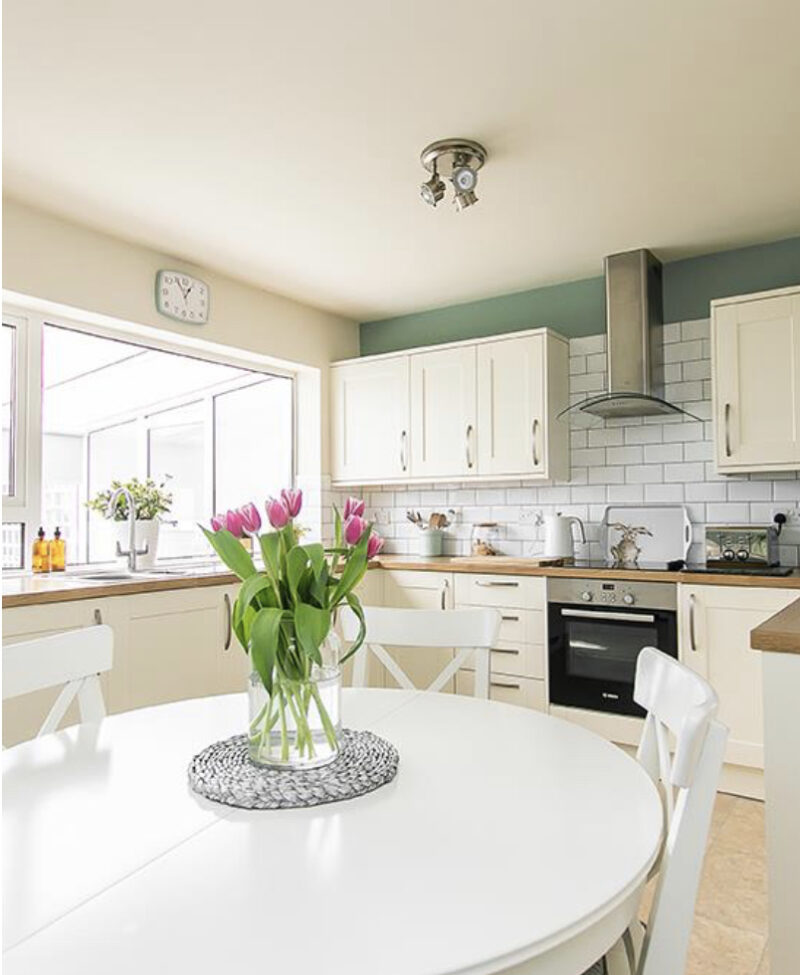In today’s consumerist society, it is difficult to find a person who at some point hasn’t been influenced by the concept of “interior design”, and why not, it is an important feature in your home.
So let’s take a look at how to redesign your interior like a professional.

First and foremost, there are two general directions in which you can go with your redecorating:
Minimalistic
Minimalism reduces decor to a bare minimum using clean lines and neutral colours because less makes more impact.
Maximalist
Maximalism features bright colours, busy patterns, ornate furniture pieces and textured wallpapers for an intense sensory experience. Some homeowners even incorporate their colour and pattern designs.
Preferences vary from individual to individual, but certain design styles influence the average person more than others.
Create Your Vision
Designers usually use two approaches to creating a vision of what an interior will look like:
Architectural
Architecture is useful when designing homes with lots of rooms or outdoor space.
Art and textile-based designs
Art and textile-based designs work best for small spaces and studio apartments because they make small spaces feel bigger.
Generally speaking, the architectural approach looks more professional, while the textile-based approach looks more whimsical.
Forms and shapes play an important role in home decorating because they can mean the difference between a neat room and a cluttered one.
Interior Design Typically Uses Four Forms –
-
Geometry (Rectangles)
Geometry is the simplest form to use in home decorating because it’s easy to understand. Rectangular furniture pieces look great with plain backgrounds like wallpapers, tiles or mirrors. Geometry also looks great with an asymmetrical design for an unbalanced feel.
2. Irregularity (Non-Geometric Shapes)
Irregular shapes are best used as accents to give depth and contrast.
3. Curvature (Curved Lines)
Curvature is very flexible but has the least impact compared to other forms of interior design.
4. Asymmetry (Non-Symmetrical)
Asymmetry uses two main factors – shape and line direction. Using different symmetries like mirror symmetry creates an interesting pattern at the expense of balance; asymmetry looks better when balanced by weight distribution instead of line direction; curving lines make a design look more dynamic and natural.
Line Design
Line design is as easy as it sounds – it’s the orientation of a line, whether it’s vertical, horizontal or diagonal. Vertical lines give the feeling of height, while horizontal lines give a feeling of width. Diagonal lines are harder to balance, but it makes a design feel more dynamic.
Splash Some Paint
The three most popular colours used in interior decorating are blue, red and green because they have psychologically evocative effects on people’s feelings and emotions.
Blue is relaxing and serene; red is stimulating and exciting; green soothes irritation from being too stimulated by blue or excited from being too relaxed due to blue or red. But, of course, these effects only work if you use various shades of one colour for a more balanced effect.
Shine Some Light on Your Home
As important as colour is the idea of lighting. Natural sunlight is always best for your mental well-being because it gives a sense of peace and happiness without being too stimulating or serene.
Of course, artificial light should only be used when natural light is unavailable, which happens at night, but you can also use colourful lights to create moods that are not possible with natural sunlight.
Remember that interior design reflects how people live their lives, so there are no good or bad decisions in home decorating – just personal preference, but with these tips you should be on your way to know how to redesign your interior like a professional.




